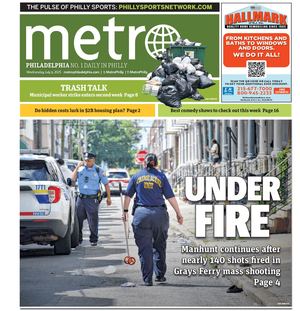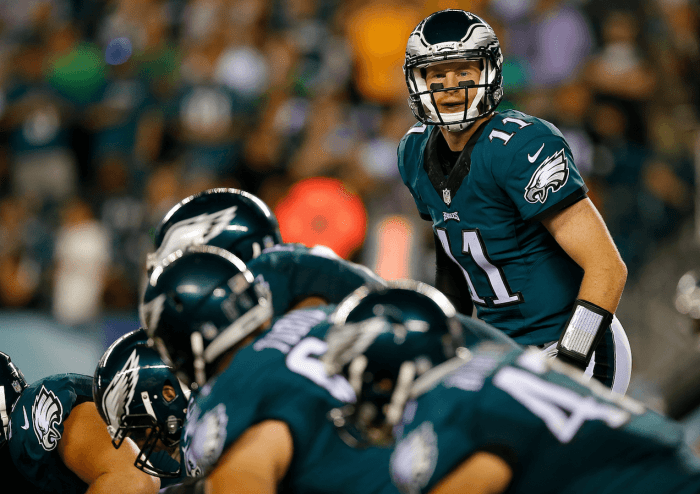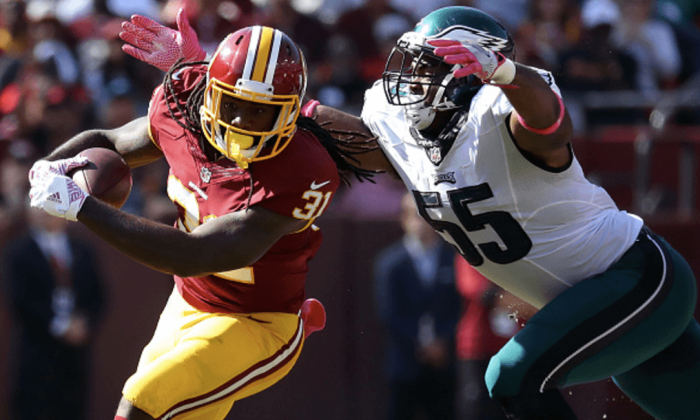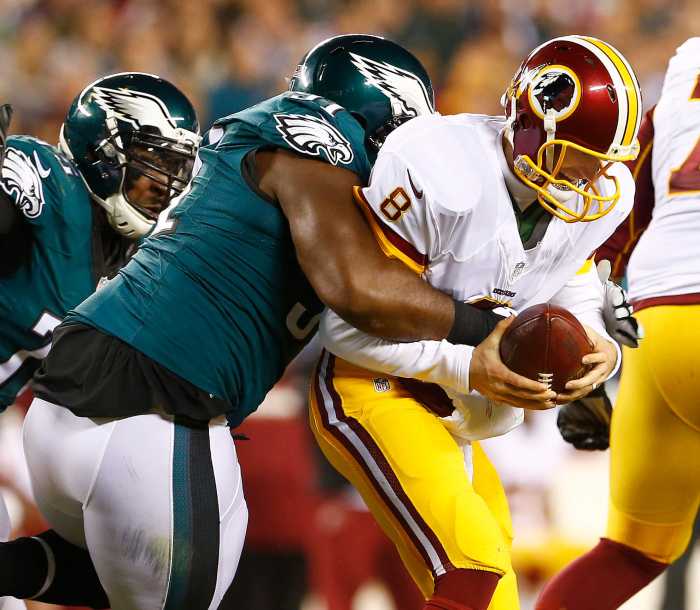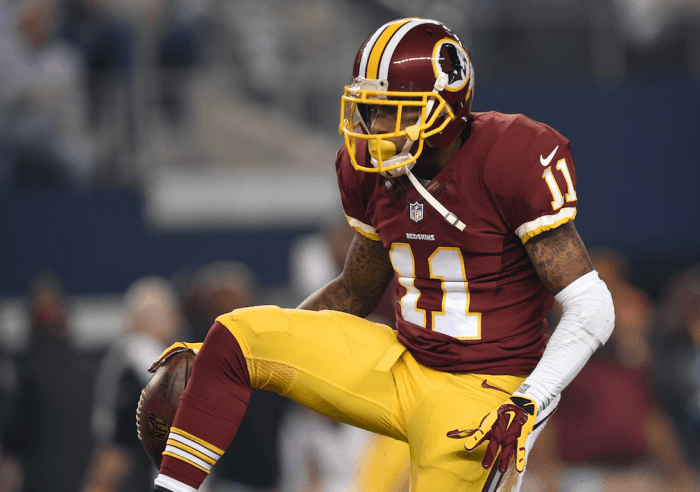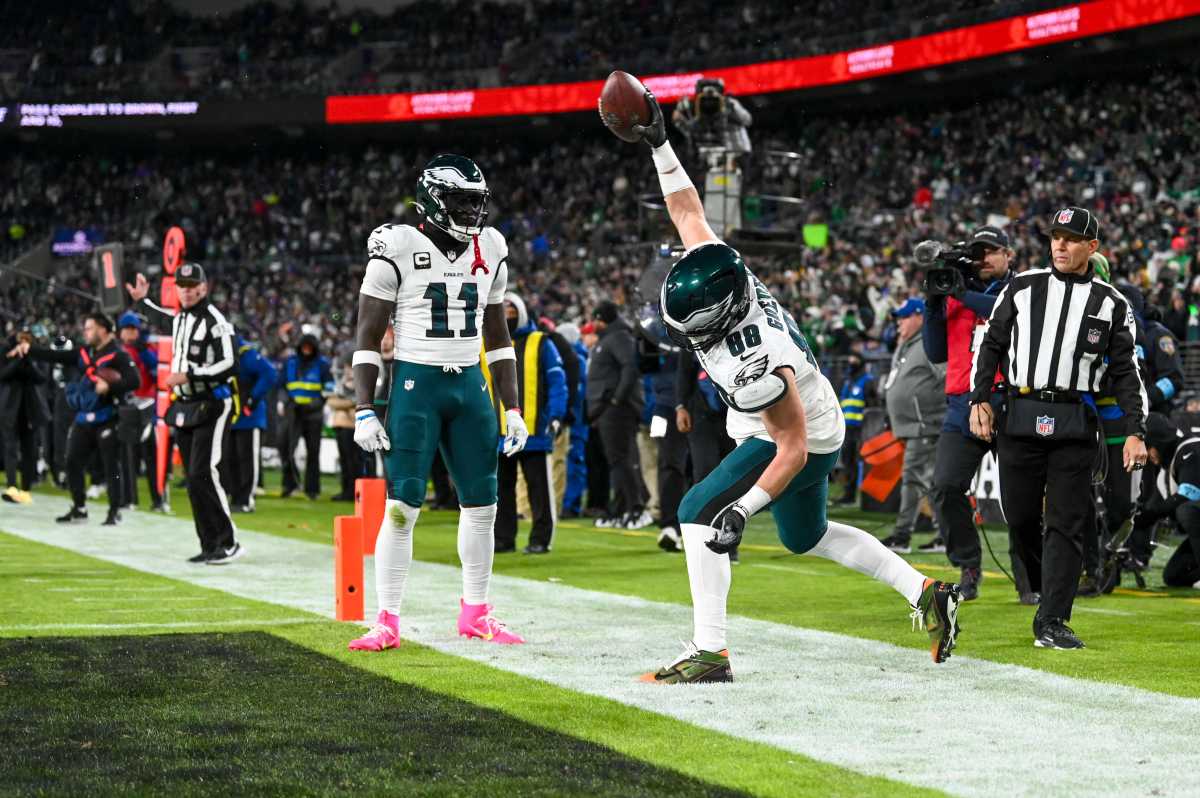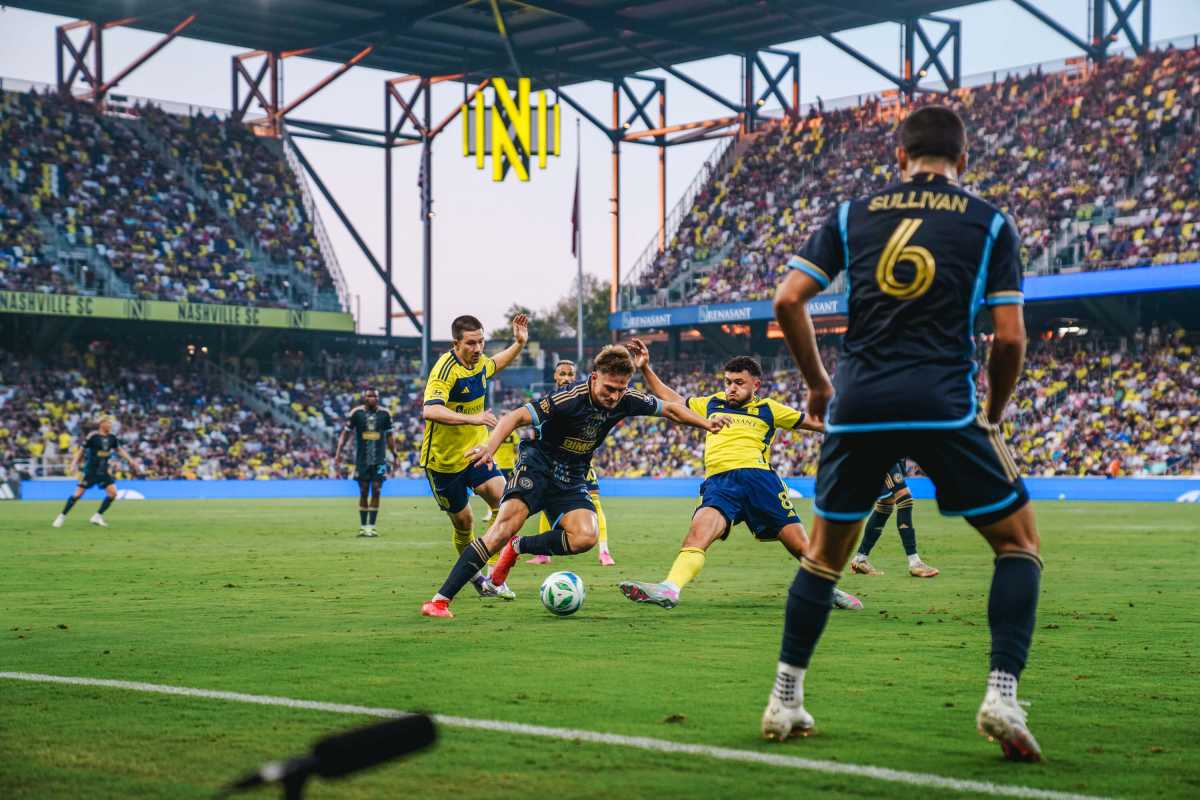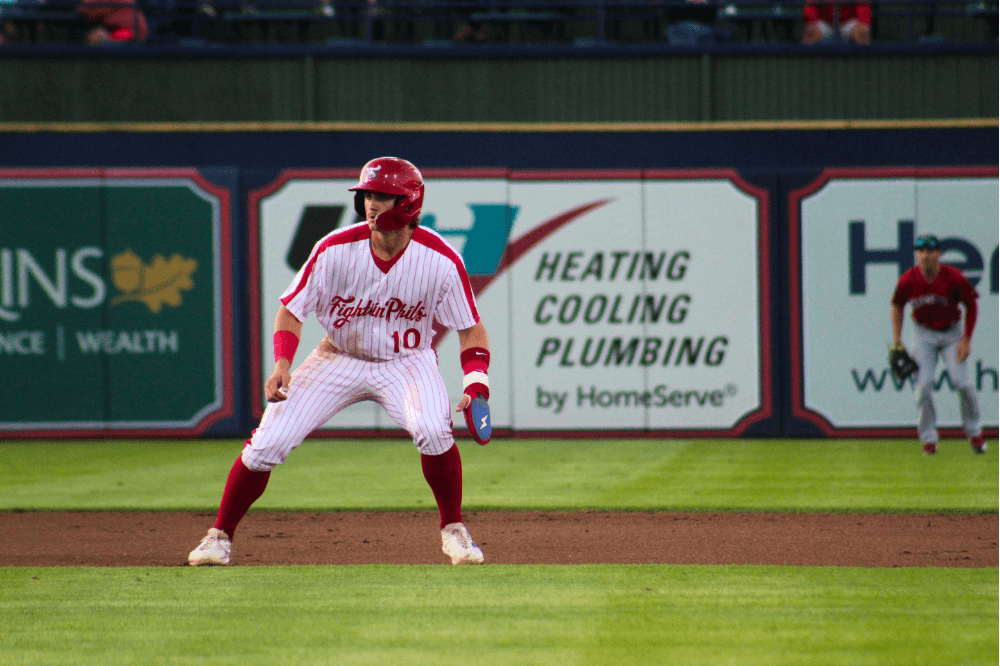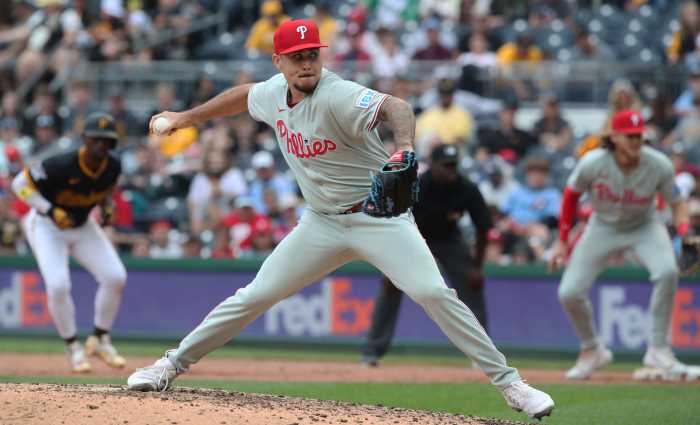Philly handled the pope.
Could it handle the Super Bowl?
“Technically this was equivalent to three or four Super Bowls,” said VISIT PHILADELPHIA President and CEO Meryl Levitz.
After months of handwringing, the folks who work to lure businesses, tourists and events to Philadelphia are walking a bit taller after a mostly successful — or at least disaster-free — papal visit. But looming over that confidence is the question of how to build on that success.
Mayor Michael Nutter has said that a successful papal visit could lead to other big events for the city, and he has credited Philadelphia’s selection as the host city for the World Meeting of Families as helping to lure the Democratic National Convention in 2016. In terms of complexity, the Francis visit was bigger than a national political convention or a Super Bowl. All of them are categorized as National Special Security Events by the U.S. Secret Service, which plans security for them. The Secret Service has said the papal visit was the biggest it has ever handled. Eagles Owner Jeff Lurie said the same thing last year after the MetLife Stadium became the first non-dome, cold-weather location for a Super Bowl.
RELATED: Five big projects that are changing the face of Philly
“There’s no reason that Philadelphia — with all its facilities, hotel rooms, venues for big events — couldn’t handle it and do a great, great job. If the league wants to go there, we’ll be ready and willing,” Lurie told Comcast SportsNet. Metro sports columnist and 94 WIP host Glen Macnowsaid that Philly could do it no problem, but landing it would be an uphill battle.
“I think it’s unlikely the NFL will again risk a northern Super Bowl outside a dome anytime soon, but we’re sure equipped to handle it. A lot better than a second-rate burg like Jacksonville, by the way,” Macnow said. RELATED: Super Bowl come to Philly?
Whether it would want to is another open question.
Levitz says luring a Super Bowl requires a whole different level of decision-making and planning.
When Minneapolis was in the running to host a Super Bowl, reporters for the Star-Tribune got their hands on the document that spelled out exactly what the league expected from host cities. The league required three golf courses it could use to host a charity golf outing, and two bowling alleys. Cellphone coverage near team hotels would have to get upgraded. The league demanded 100 percent of ticket sale revenue — including for suites and club boxes, and the host committee was required to seek tax breaks on ticket sales. The good news? The host committee, under the contract, could buy up to 750 tickets. Cops, too, would be pressed into action. The league wanted local police forces to provide officers to do anti-counterfeit squads.
We’d also have to wait awhile.Super Bowls locations are mapped out until 2020.
“American football is American business,” Levitz said. “That’s a higher level of spending. These people who were here were not big spenders. They were pilgrims with a purpose.”
After the pope, is Philly ready for the Super Bowl?
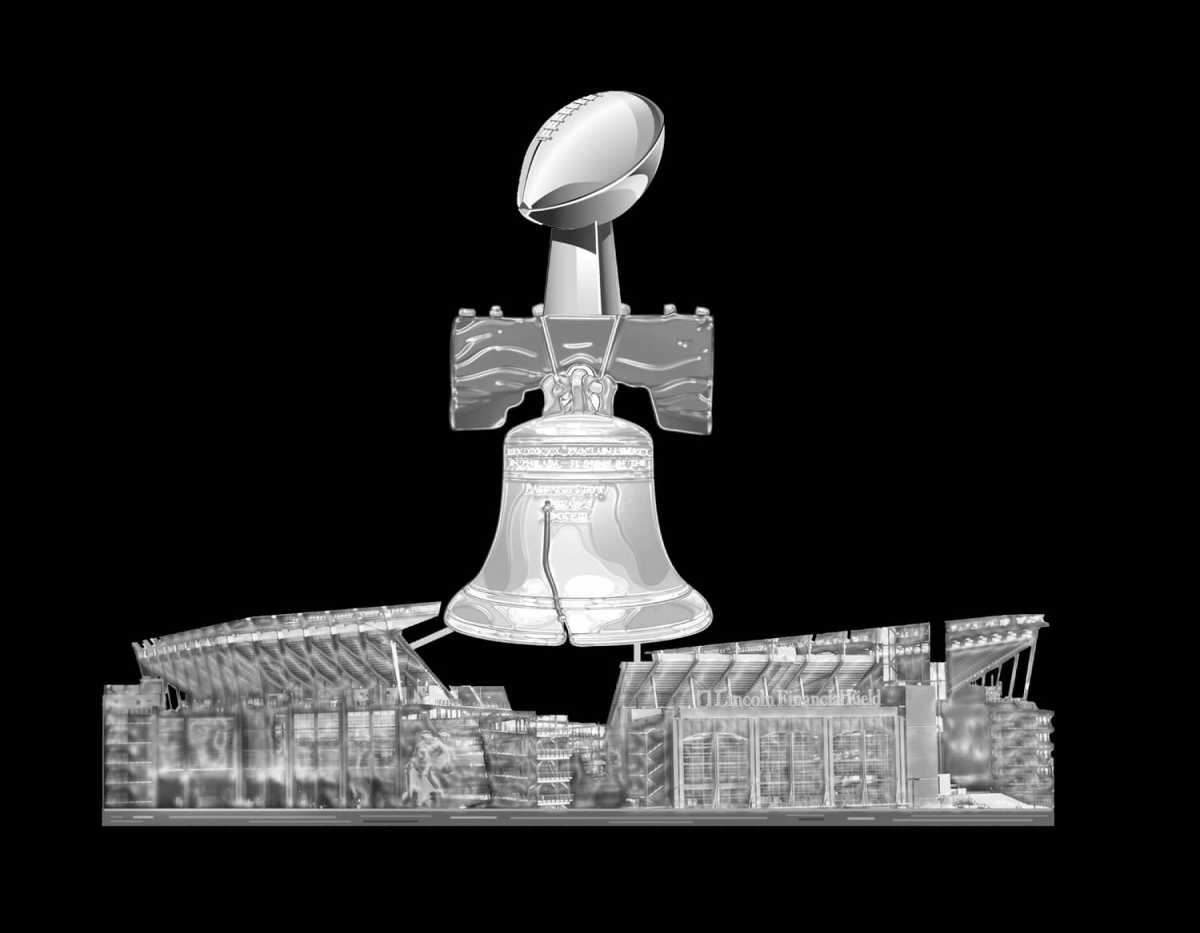
Photo Illustration/ Billy Becerra
